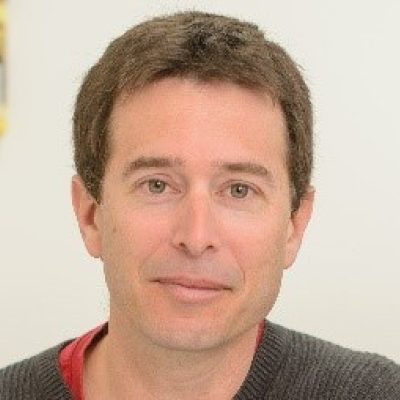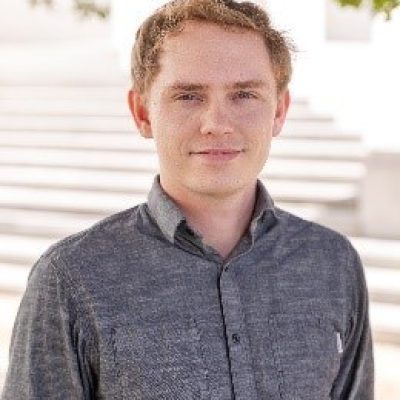Event ‘My hero and me’ webinar: Drivers and consequences of bacteriophage host range from an eco-evolutionary perspective
We are proud to announce the winter edition of the ‘My hero and me’ webinar series where a junior scientist and his/her hero give a joint webinar on their topic of interest.
This time postdoc Dominique Holtappels (University of California, Berkeley; former KU Leuven) and prof. dr. Rotem Sorek (Weizmann Institute of Science, Israel) will present the webinar “Drivers and consequences of bacteriophage host range from an eco-evolutionary perspective” on Thursday February 15, 2024, at 4:30 – 5:30 pm ((GMT+1:00) Brussels) via Zoom. Expect a contemporary view from Dominique and Rotem on their complementary research interests!
One particular goal of this webinar series is also to inspire early career scientists – therefore we will end the webinar with an interview with Rotem on how he ‘struggled’ when he was a junior scientist.
Please register in advance for this meeting.
After registration, you will receive a confirmation email containing information about joining the meeting.
Are you the next young scientist giving a webinar with your scientific hero? Or are you a senior scientist in touch with an early career scientist who should do the next edition? Contact us and we will help you to set up your own ‘My hero and me’ webinar! It is an excellent opportunity to get in touch with your hero and it may be the start of a new collaboration.
Speakers

Rotem Sorek
Professor Rotem Sorek is currently a full professor in the Department of Molecular Genetics at the Weizmann Institute of Science in Rehovot, Israel. His research interests include molecular biology, cell biology, phage, phage-bacteria interactions, bacterial immunity, and CRISPR-Cas. Rotem Sorek's team deciphered the molecular mechanisms that bacteria use to fight off infection, which are called the bacterial “immune system”. They investigated how bacteria fight against viruses – the so-called phages – that can attack and destroy bacteria. His research led to the realisation that bacteria encode a complex network of over 100 anti-phage immune systems. One of the most significant insights from Sorek's studies is the discovery that key components of the human innate immune system originated in evolution from ancient bacterial systems that protect against phages. Sorek has developed computational and experimental platforms that systematically search for new immune systems in microbial genomes, leading to the discovery of new, widespread multi-gene immune systems. His studies have generated a new field in microbiology that meanwhile involves numerous laboratories worldwide. He has been recognized with numerous awards and honorary memberships for his significant contributions to the field, such as he Max Planck-Humboldt Research Award (2023) and the Nakasone Award of the Human Frontier Science Program (2023).

Dominique Holtappels
Dominque Holtappels graduated as a PhD in 2021 in the Department of Biosystems, KU Leuven under supervision of prof. dr. Rob Lavigne on phage biocontrol for integrated plant protection. Since September 2021, he is a postdoctoral researcher at the department of Integrative Biology (UC Berkeley) - the Koskella lab, where he studies the effects of bacteriophages on the plant-bacterium interaction from an eco-evolutionary perspective.
